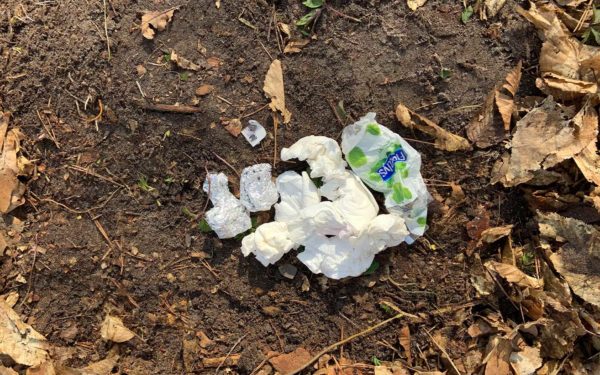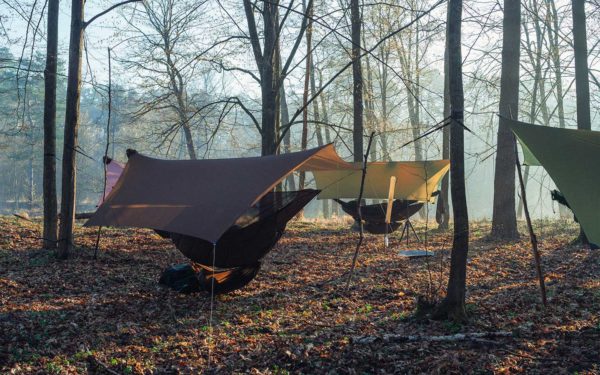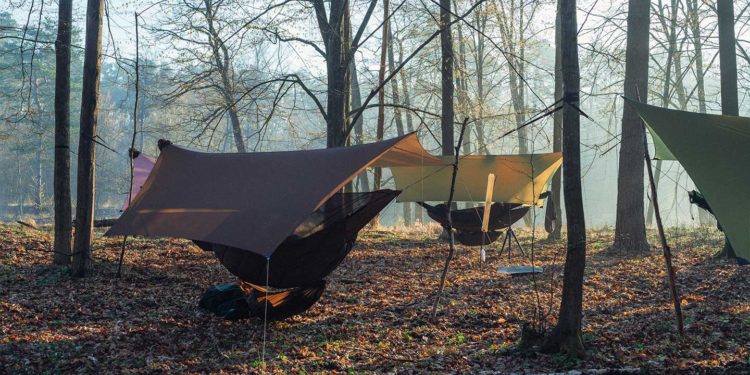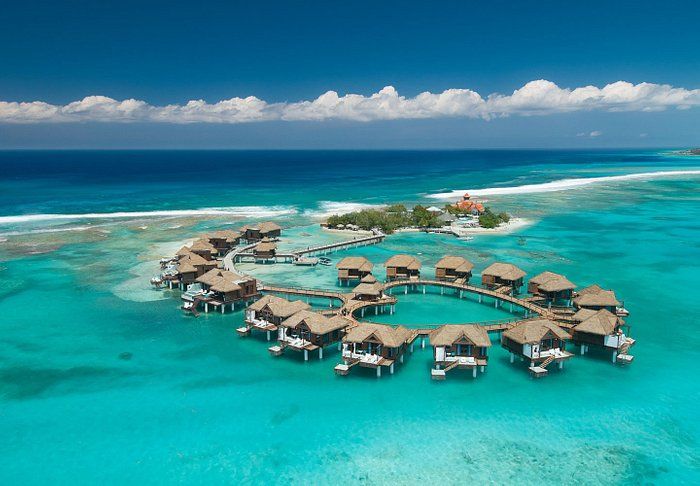How to organize a Less Waste/Zero Waste camping trip
The basis for responsible participation in hiking is such self-organization that minimizes the footprint we leave behind. By this I mean a wide range of activities: from making consumer choices with great care and considering the overall impact on the environment, to how we get to a desired destination and how we organize camping, to waste management.
A great benchmark, which is the bare minimum for a mature tourist, is a set of rules for Leave No Trace:
- Plan your route and prepare for it before you set out.
- Stay on the trail and camp in places made available for this purpose.
- Carry your trash with you.
- Leave everything as you found it.
- Handle fire carefully and limit its use.
- Keep your distance from wild animals and their habitats.
- Keep the welfare of other tourists in mind.
In this article I want to share with you practical tips for point 3. When practicing qualified tourism with elements of camping, it is easy to forget ourselves and, out of reflex or habit, make choices that will generate excessive amounts of trash. Unfortunately, taking your trash with you from the trail, however commendable, does not solve the basic problem of generating it. So I will focus on prevention rather than treatment of symptoms.
I have successfully used the presented methods during our trips for years. Not only do most of them turn out to be fabulously easy to implement, but they are also more economical in the long run – virtually every tip has brought with it savings for the wallet.
PLANNING AND ORGANIZATION
- I use the first principle of LNT, which allows you to prepare in advance for an activity and avoid the ongoing resolution of unnecessary problems that arise.
- Organize camping so that it is possible to reach it by train and bicycle. This reduces the amount of CO2 and other combustion products emitted into the atmosphere.
- I carry water for camping in large camelbak-type containers or in several reusable bottles. I pour it from taps instead of buying it in bottles. As a last resort, if there is no way to get water from the tap or bring it from home, I buy one large 5L bottle instead of several small ones.
FOOD AND COOKING
- Instead of separately packaged bars, I opt for muesli bars freshly baked in the bakery or try to make my own. I find recipes under "homemade muesli bars" or "power balls".
CAMP AND EQUIPMENT
- Mostly don't light a campfire. In an age of upscale clothing and sleeping bags, easy-to-use stoves and efficient lamps, the role of fire in hiking is basically limited to just building a moody atmosphere.
HIGIENA
- I do not buy "travel cosmetics" in tiny packages. Instead, I put a portion of cosmetics into small reusable containers, such as the following. cream into a photographic film box or into a contact lens case. A metal box of candy canes acts as a soap dish in which the leftover soap used at home lands.
- Sometimes I use the so-called. Wet wipes, but choose ones that are biodegradable. Manufacturers are required to label on the package whether such a product contains plastic – I avoid these versions.
BONUS #1
Applying the aforementioned advice consistently, during a recent four-person bivouac, the amount of trash fit in one handful and it was dry trash. For longer or stationary trips, consider using a reusable garbage bag, which is made of strong, waterproof fabric that can be easily washed out.

This is all the trash generated during our four-person bivouac (fot. Magdalena Kasperczyk/@sea_whispers)
BONUS #2
The less/zero waste camp is just more beautiful! Nowhere in sight are plastic bags, papers, colored packaging, bottles, bottle caps, cigarette butts and all the rest of the visual clutter. The quality and culture of camping momentarily enters a higher level.

I encourage you to gradually implement zero/less waste principles during your activities. It's easier than it seems at first glance, and in time it will become completely normal. You'll begin to notice how much unnecessary packaging was generated by even the simplest field trip. You will quickly feel relief and pleasure.
Rafal „Lesovik” Palowski
In our series of guides, which is constantly growing, we try to share this knowledge and useful information. The following articles have been written so far:


